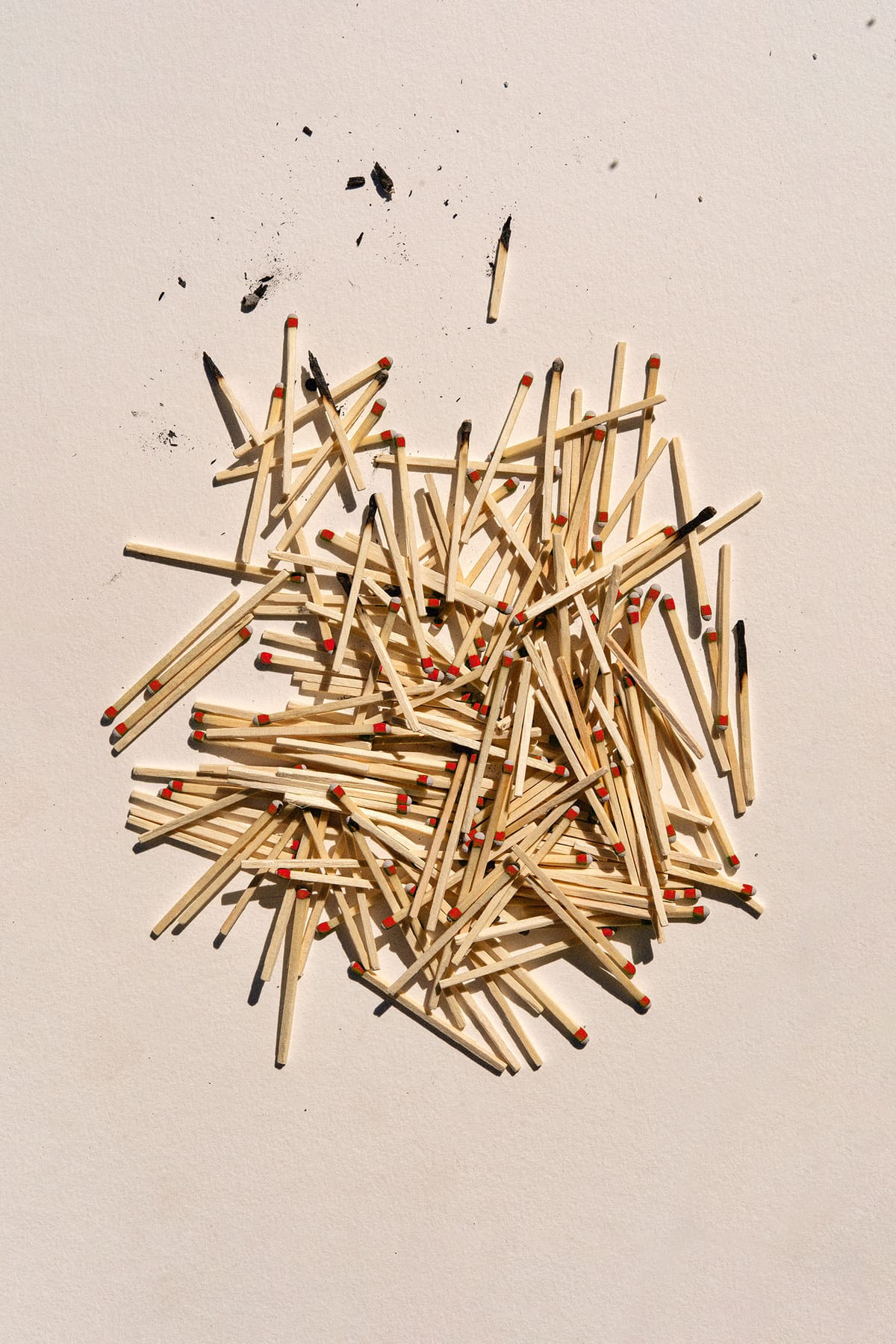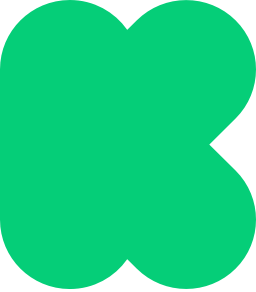An Argument for Projects: Creators Can't Thrive When They're Always on the Verge of Burning Out
Like everyone else, creators need the ability to not be always "on" or working all the time.

A beginning. An end. Something to show for it. These are the essential elements of a project, the format that is at the center of everything we do at Kickstarter. The simple constraints of a project drive a creator’s energy towards something specific that can be completed and shared. And it is the creative output from projects that ultimately shapes the healthy and vibrant society we want to see.
But with the rise of the creator economy, the project format is often overlooked as a means of creative expression. Many platforms are designed to reward creators who need to be both creator and influencer at the same time, pumping out content daily, hourly, even by the minute. In so many parts of contemporary culture, there's an innate pressure on creators to be always making new work, always promoting it, always personal brand-building, always present in the comments to create engagement. It's unhealthy and unsustainable.

We discovered this many years ago when Kickstarter launched a subscription funding platform called Drip (that ultimately failed). From the beginning, Drip was never intended to cater to serial content creators like podcasters or YouTubers, who have success on subscription-funding platforms. The core hypothesis behind Drip was that creators who were used to project-based funding on Kickstarter could adapt to subscription-based funding on Drip. But what we found was that many creators who were used to project-based funding were simply overwhelmed with the need to satisfy their paying subscribers every week, every month with new content. The more subscribers they had, the more pressure they felt, and the less creative they could be.
With a project, you have options. You can start it, put it aside and come back to it when you’re feeling inspired. You don’t need to be always on.
Don’t get me wrong, a Kickstarter project can be intense—oftentimes, years of prep work culminates in a 30-day live campaign where if you don’t hit your goal, you don’t receive funding. But it’s a different type of pressure from being always on, always marketing, without the option to turn off.

With a project, you have options. You can start it, put it aside and come back to it when you’re feeling inspired. You can do multiple projects at once. You can go it alone or collaborate with others. And when you’re ready to raise funding for it, you can bring it to Kickstarter, share it with backers, send out your rewards, and move on to the next thing. You don’t need to think about how you’ll create the next three months’ worth of content that will satisfy your subscribers. You don’t need to be always on.
There’s also freedom in how projects don’t tie creators down to a particular platform. With ongoing subscription and membership platforms, it’s much harder to leave—your supporters are locked in to the platform, and it’s a pain to transition to somewhere new. Creators also have to worry about platform changes, business model about-faces, and algorithms that are out of their control. This adds further stress to the constant need to crank out content.
All platforms for creators have their limitations and flaws (Kickstarter included!). When I look at the state of the creator economy today, I see more options than ever, which is fantastic. But I worry about creator burnout and think every day about how we can foster space for creators to take big risks while also finding work-life balance. Projects can be a good answer for those who want to drive towards creative output while not having the constant worry of what their next piece of content will be.
I even think about this as we tackle the project of building Kickstarter, the company. Just like creators, our team will never be at its best if they’re always on, all the time. That’s why we’ve been experimenting with a four-day work week, encouraging people to be present when they’re on, and then be able to step away (often into a creative practice) when they’re off. Rather than running an endless marathon, all of us are at our most effective when we can sprint and rest.

